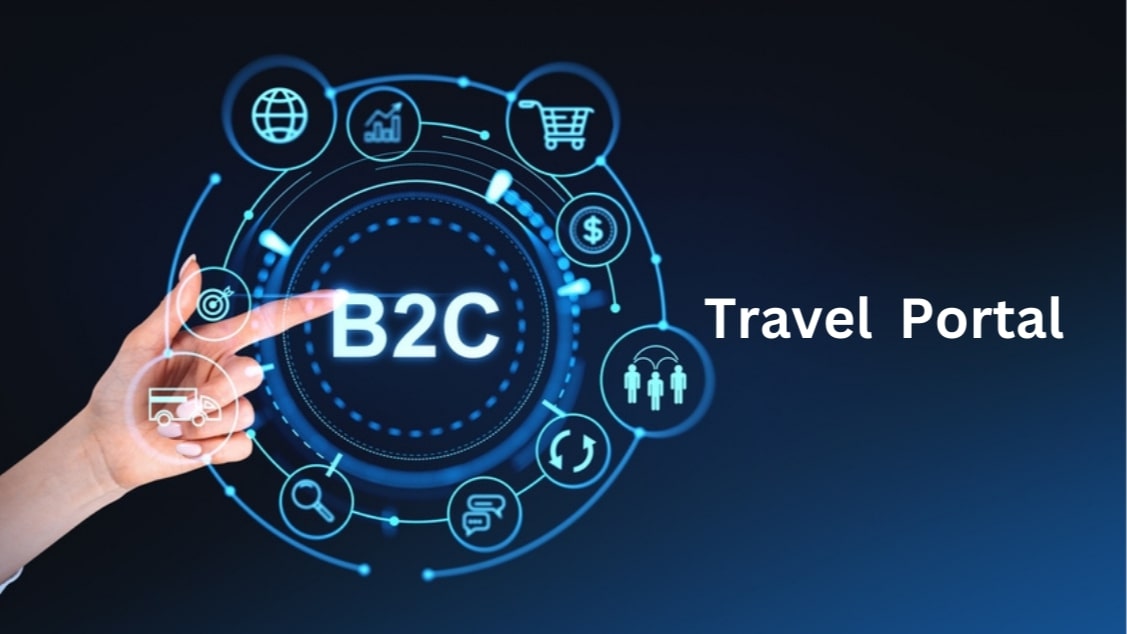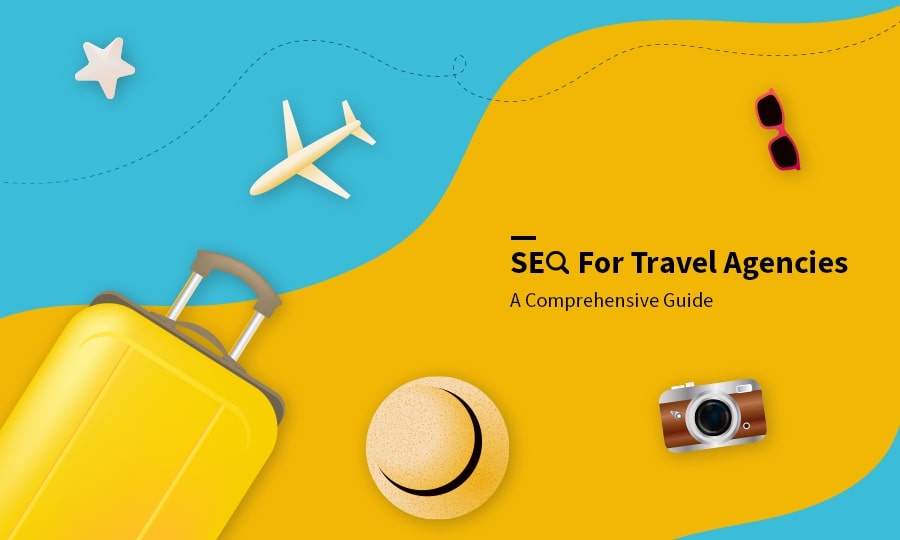
The Future of Travel Agencies with B2C Travel Portals
In recent years, the travel industry has undergone a profound transformation driven by technological advancements, evolving customer behaviors, and global events. Traditional business-to-business (B2B) models have lost traction, making way for business-to-consumer (B2C) travel portals. These portals provide a personal, convenient, and on-demand travel experience, helping agencies compete in an ever-changing market.
This blog explores how B2C travel portals are shaping the future of travel agencies, the benefits of adopting these platforms, and how agencies can thrive in a digital-first world.
Understanding B2C Travel Portals in the Travel Industry
What Is a B2C Travel Portal?
A B2C travel portal is an online platform that connects travel agencies directly with consumers, eliminating intermediaries. Through these portals, customers can research, compare, and book travel services such as flights, hotels, car rentals, and activities.
In contrast to traditional models where travel agents acted as middlemen, B2C travel portals put decision-making directly into the hands of customers, allowing for seamless self-service options and personalized travel planning.
Why Should Travel Agencies Use B2C Travel Portals?
1. Empowering the Consumer
B2C travel portals empower customers by offering a user-friendly interface where they can access various travel services at their convenience. For example, a traveler to Paris can book flights, hotels, and attraction tickets—all in one place.
2. Reducing Operational Costs
By automating processes such as bookings, payment confirmations, and itinerary creation, B2C travel portals help reduce operational expenses. Travel agencies can allocate resources more efficiently and use customer data insights to enhance marketing strategies.
3. Enhancing Customer Loyalty
Continuous engagement through loyalty programs, personalized offers, and tailored promotions fosters stronger customer relationships. For instance, a honeymoon package booked on a B2C portal can trigger anniversary offers, encouraging repeat bookings.
4. Providing Real-Time Updates
Modern travelers demand real-time information on flight schedules, weather, and destination events. B2C travel portals enable instant updates, ensuring customer satisfaction even during unexpected disruptions like flight delays or cancellations.
5. Expanding Market Reach
With mobile-friendly B2C travel portals, agencies can reach global audiences, making travel booking accessible from anywhere. This is particularly advantageous for small agencies seeking a wider customer base without a large physical presence.
6. Delivering Personalization and Customization
B2C travel portals leverage customer data to provide tailored experiences. For example, they can recommend activities based on past preferences or offer discounts for returning customers. Such personalization adds value and enhances the overall travel experience.
Challenges of Adopting B2C Travel Portals
1. High Technological Investment
Developing and maintaining a B2C travel portal requires significant investment in technology, including website design, mobile apps, and payment systems. While this can be a barrier for smaller agencies, the long-term benefits often outweigh the initial costs.
2. Ensuring Data Security
Handling sensitive customer data demands robust encryption and compliance with privacy regulations. A single data breach could harm an agency's reputation and result in legal consequences.
3. Competing with Established Platforms
Large players like Expedia and Booking.com dominate the market, making it challenging for smaller agencies to gain visibility. However, niche offerings and superior customer service can help agencies carve out a loyal customer base.
The Future of Travel Agencies with B2C Travel Portals
The adoption of B2C travel portals is not just an option but a necessity for travel agencies aiming to stay relevant. As technology evolves, these platforms will incorporate advanced features like AI, chatbots, and machine learning to further enhance personalization and customer engagement.
Conclusion
The adoption of B2C travel portals is redefining the travel industry. By offering seamless, personalized, and accessible services, these platforms empower customers and enhance operational efficiency for agencies. As the travel landscape continues to evolve, agencies that invest in B2C travel portals and advanced technologies will lead the industry into a customer-centric future.
The time to embrace B2C travel portals is now—ensuring growth, customer satisfaction, and a competitive edge in the ever-changing world of travel.
Read Also
The Transformation of Travel: A Focus on B2C Portals

 Start your Travel Business with Our 7 Day Free Trial Website!
Start your Travel Business with Our 7 Day Free Trial Website!





